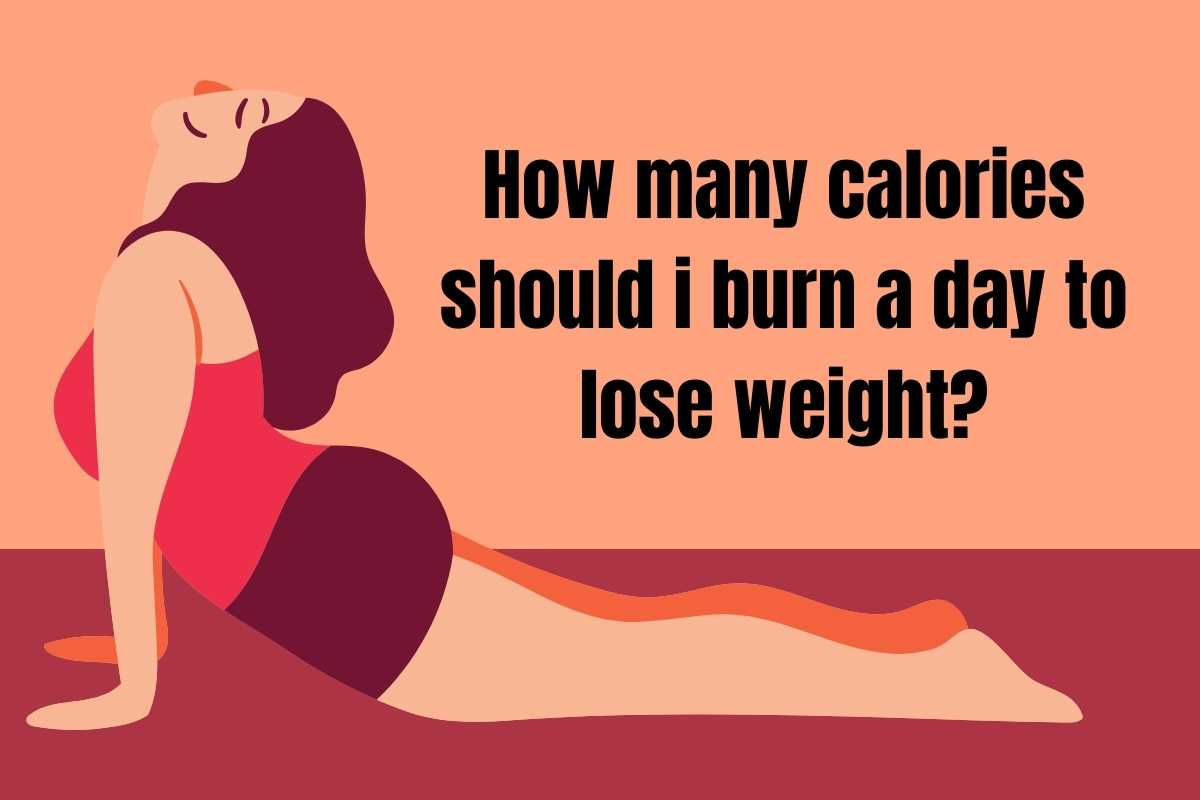What is the difference between a nutritional coach and a nutritionist?

Do you know the difference between a nutritional coach and a nutritionist? Although both professionals share their passion for nutrition, dietetics, and healthy eating, the nutritional coach and the nutritionist fulfill different professional functions. Let’s get to know these two professions in the health field below and see their differences and similarities.
As we already told you in the post about the differences between a nutritionist and a dietician, a nutritionist is a professional expert in diagnosing how certain foods affect our body and is capable of drawing up a personalized eating plan that helps each patient in their treatment. . So if you are interested in this branch of healthcare and would like to study a profession that helps people eat better and take care of their health, we are talking about nutritionists and nutritional coaches, two professional opportunities that share their concern for health, but that perform different functions.
The main difference between a nutritionist and a nutritional coach is that while the former is an expert in diagnosing how certain foods affect our body, the nutritional coach does not have the main objective of designing a diet plan for his or her patient , but rather, as As his name indicates, he acts as a “coach”, a trainer, helping patients to meet their diet goals and correct certain eating habits .
Thus, the figure of the nutritionist-dietitian is that of a health professional trained to improve people’s health through food, and the formation of the nutritional coach is that of a professional who helps their patients to detect and overcome the obstacles that prevent you from having correct eating habits.
What is nutritional coaching?
More and more people want to lead a healthy life and better nutritional habits, but various factors such as lack of time, day-to-day stress, or lack of perseverance mean that many of them do not achieve the proposed objectives despite try. And it is here where the figure of the nutritional coach appears, a professional in the field of health who has been gaining strength in recent years and whose job is to guide their patients until they achieve their goals in terms of health and well-being, teaching them how to that they can create certain healthy eating habits and that they discover new eating patterns and ways of taking care of themselves. In short, a nutritional coach is in charge of showing his patients what to eat, how to eat and in combination with what and push and motivating them to achieve the objectives set.
What about health nutrition?
Nutritionists are experts in food nutrients, the elements obtained after ingestion, and how these foods feel to the body. Thus, a nutritionist is a health professional whose function is to develop eating plans for their patients, whether they are individual patients who come to their office in search of treatment for illness or prevention or are in charge of developing eating plans. For the group for which he works.
We can find nutritionists in very different sectors of society: in a senior center, nursery school, or a high-performance sports center, for example. In all these cases, even though the figure of the nutritionist will be to create personalized menus, dietary guidelines, and food education, the functions can vary greatly depending on the job position since the group can also be very different.
What to study to be a nutritional coach?
To be a nutritionist and practice as such, you must have completed university studies: either study a degree in Nutrition and Dietetics or have specialized in nutrition within the degree of Medicine.
Even so, you should know that the Higher Cycle in Dietetics offers you the possibility of becoming a Higher Technician in Dietetics, an official title issued by the Ministry of Education that enables you to guide diets applicable to a large part of the population or a group homogeneous without serious health problems or without diagnosed diseases. With this Health FP you will be able to prepare diets for different patients based on their characteristics and needs, supervise eating plans, plan menus for similar groups or promote physical activity in the population, among many other tasks and functions.
Once you have the title of Higher Technician in Dietetics in your hands, you will be able to find a job as a food technician (carrying out food quality studies in the laboratory or in the factory), work as a health educator (disseminating and promoting correct eating habits and food health) or also work as a food advisor in sports centers and gyms (creating diets according to the physical condition of the person and according to the physical exercise they perform). Of course, you can also work as a dietitian, as a nutrition and dietetics technician, as a food manager in catering companies, as a food hygiene technician or as a nutrition consultant., among many other professional opportunities.
Of course, to access the Higher Degree in Dietetics, it will be necessary to meet certain requirements: be 18 years old and either have completed an intermediate degree previously or have a Baccalaureate degree or similar (failing that, pass the entrance exam to Superior grade). At iFP, we also offer you the possibility of taking the FP in Dietetics online or the FP in Dietetics face-to-face in Madrid, depending on your availability and time.
Now you know the differences between the nutritional coach and the nutritionist. In both cases, these professionals seek to improve people’s health through correct eating habits and guidelines that help them take better care of themselves.





